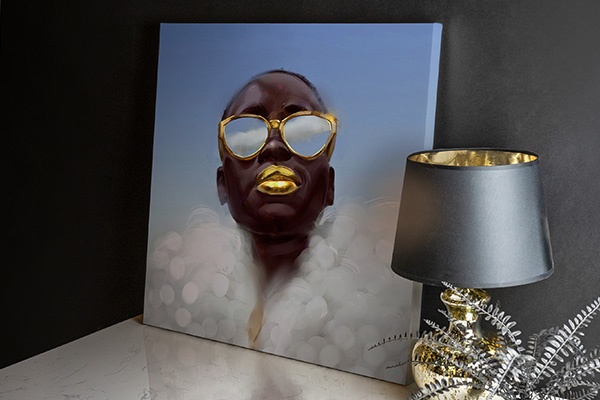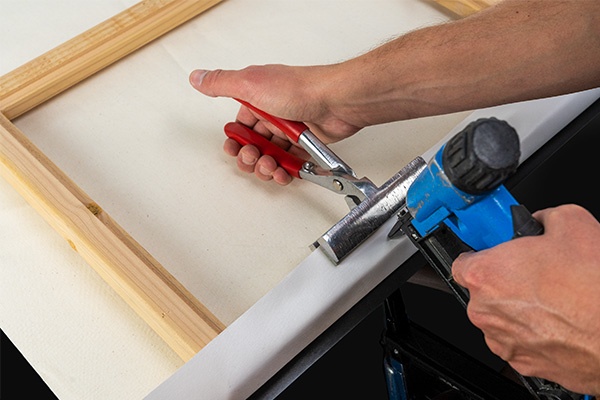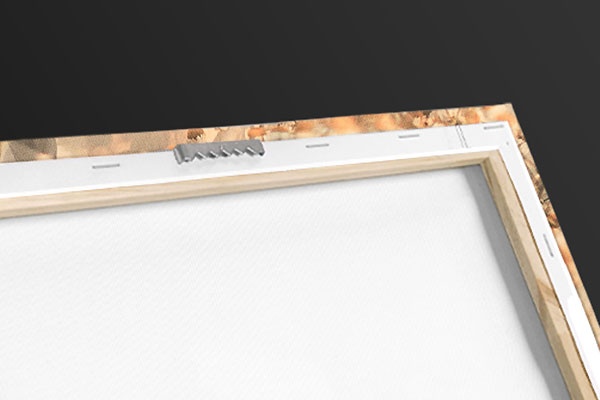Jason and Medea, 1907 Wall Art
16″ × 20″ Stretched Canvas Print
About the Artwork
Jason and Medea, 1907 - Item # 2315822
Jason and Medea, 1907 (oil on canvas) by Waterhouse, John William (1849-1917)
About the Artist
John William Waterhouse
John William Waterhouse (1849-1917) was a Victorian-era English painter. He was part of the Pre-Raphaelite Brotherhood, a band of artists whose mission was to recapture the beauty and majesty of 15th-century religious medieval works.
Williams is celebrated for his large-scale depictions of Greek mythology and Arthurian legend. However, he was also inspired by Impressionism, which is evident in some of his brushwork. Overall, his work mixes Classicalism with Romanticism, giving his art a distinctive and easily recognizable edge.
What are the characteristics of the John William Waterhouse style?
John William Waterhouse embraced several tangentially connected movements. As mentioned above, the Pre-Raphaelite Brotherhood greatly influenced his style. However, as any student of his work will attest, women were his favorite subject matter by far.
A significant proportion of Waterhouse's oeuvre features lone women against stunning backdrops. Many of the subjects are important historical features, such as Cleopatra or Shakespeare's Juliet and Ophelia. While much of this art consists of portraits, a sensual energy is present in many of the pieces that owe a lot to Romantic ideas of reinterpreting the beauty of the natural world.
Waterhouse also depicts many figures from Greek mythology, such as Ulysses, figures from Greek history, like Diogenes or Emperor Honorius, and even literary subjects like The Lady of Shalott from Tennyson's classic poem.
His depiction of Ulysses is particularly relevant. Homer's epic profoundly impacted Waterhouse, and strands of the poem's Romantic, plaintive tone can be found throughout his paintings.
Where should you hang John William Waterhouse's wall art?
John William Waterhouse's wall art is a very specific style. These realist paintings have a Classical alure that recalls Renaissance-era work. The color palette is often relatively subdued, with rich reds, oranges, and browns dominating the tone. His collection also contains brighter works and single-tone sketches, with many just as evocative as his masterworks.
Despite the era in which Waterhouse created his famous compositions, his most celebrated works sit best in luxurious settings. Rooms with elegant wooden or upholstered furniture and ornaments or architectural features like cornices, pilasters, and beading make the perfect backdrops for his art. However, many of his landscapes have a touch of Impressionism, which makes them suitable for modern décor styles.
John William Waterhouse wall art is an opportunity to bring a sense of Classical elegance into your home. The work is too vital and captivating to be constrained to the gallery alone. They make a great gift for art enthusiasts too. Explore our collection to find a piece that resonates with you.
Product Specifications
- Expertly Handcrafted
- 1.25" Solid Wood Stretcher Bars
- Artist-Grade Canvas
- Fade-Resistant Archival Inks
- Hanging Hardware Pre-Installed
- Width: 16″
- Height: 20″
Item # 2315822
Product Features
Elevate any room with our handcrafted stretched canvas gallery wraps. Printed with archival inks and wrapped around a 1.25” inch solid wood stretcher bar, our giclée big canvas art prints are a timeless option for any decor style or space.

Our giclée canvas art prints are produced with high quality, UV-resistant, environmentally-friendly, latex inks and artist grade, polycotton canvas. We pride ourselves on color accuracy and image clarity to ensure your new canvas wall art lasts for years to come.

Assembled in the USA, each of our 1.25” inch gallery wrapped canvas art prints is stretched and stapled by our highly skilled craftspeople. Each canvas print is carefully handcrafted to ensure taut canvas wraps and clean corners for outstanding quality and durability.

Our handcrafted stretched canvas prints include sawtooth hangers for an easy and secure installation.
Product Reviews
Related Categories
ArtClassic ArtModern ArtFigurativePaintingPeopleFigurativeJohn William WaterhouseFrequent Questions
Recently Viewed
Clear Recently Viewed?
Are you sure you would like to clear your recently viewed items?
Pricing policy: The full list price is a price at which we have offered the product for sale; however, we may not have sold the item at that price.

